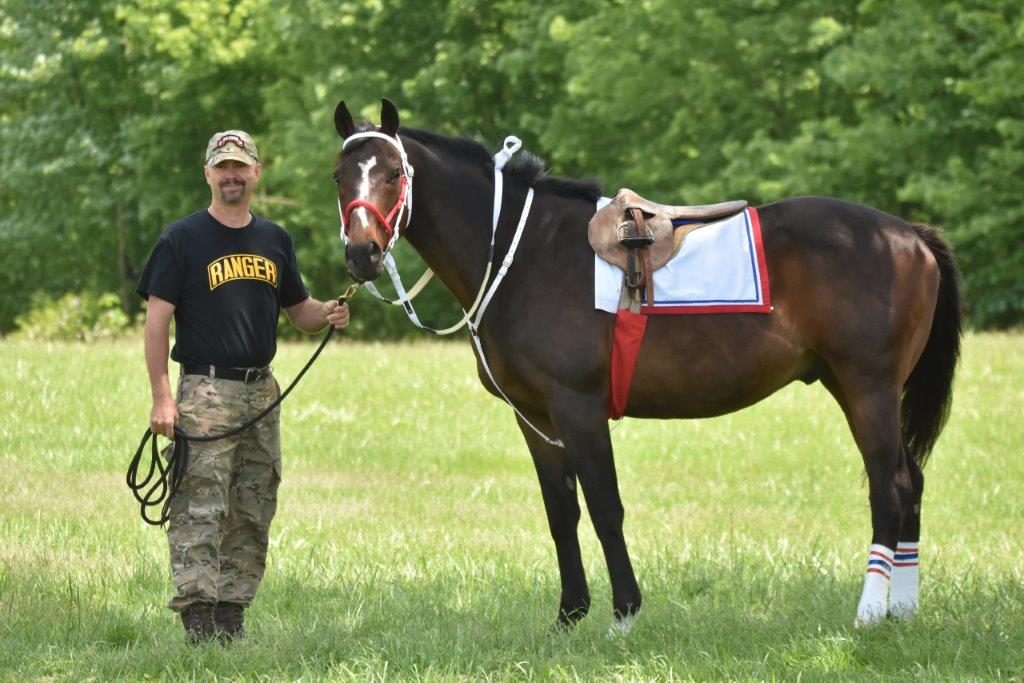
The return of the soldier is always a time for celebration. But this celebration is often short-lived as most soldiers, airmen, marines fall into depression, psychological issues, and stress. The life-threatening war situations experienced by the soldiers have repercussions in forms of abuse, stress, fear, anxiety, and depression.
This extremely complex psychological condition is most commonly known as Post-Traumatic Stress Disorder. PTSD has been known to affect emotional, cognitive, and physical responses of a mind and lead to increased startle reflexes, depression, irritation, rage, and nightmares. Although each of the PTSD symptoms affects different parts of the brain, it can’t be treated individually. Since a soldier is consistently exposed to extreme conditions of war and hostility, the trauma stays in the mind long after the war is over.
So, how can equine therapy Virginia help war veterans combat PTSD? How can horse riding assist ex-servicemen to overcome depression?
Equine-Assisted Psychotherapy or EAP is a medically proven experiential form of therapy that offers a comprehensive experience to those taking the session. Unlike any regular counseling session, EAP is not talk therapy. Since not all traumas experienced during wartime can be verbalized, experiential form of therapy becomes a vital mean to connect with the patient.
As per the need of the patient and their agenda, one can look for equine therapy near me and get assistance.
Since horses are naturally communicative and instinctive beasts, they make for an apt animal for therapy. Unlike humans, horses communicate through their actions and react to their situation. Thus, horse-based therapy is appropriate in bringing positive changes in the mind of the patient.
Horses are hyper-vigilant and use body language to communicate with others. Given how much expressive horses are, it helps in making the counseling process more effective. Moreover, horses are more self-aware of their surroundings and can easily recognize anger, fear, anxiety, stress, sadness. This allows for real-time feedback for the patient.
Horses have no magical animals; they are just responsive to their environment, communicative and inclined, which makes them a perfect therapy partner.
Equine Therapy is usually tailored as per the needs and wants of the person. The therapist gives the patient a set of exercises and tasks to perform with the horse. The activity can be as simple as mounting the horse, walking, or simply touching the horse or as challenging as completing an obstacle course. The technique, a patient, may try to complete the challenge can be different and telling. Before finding the perfect way to communicate with the horse, a patient may try various techniques and approaches. It has been noted that humans communicate with horses in the same way they interact with fellow humans. If the horse is not responding to the patient’s action, he or she may have to try a different approach. The way a person approaches the horse tells a lot about their mental well-being. The observations made by the therapist further allow them to communicate with the patient and help them reach their goal.
